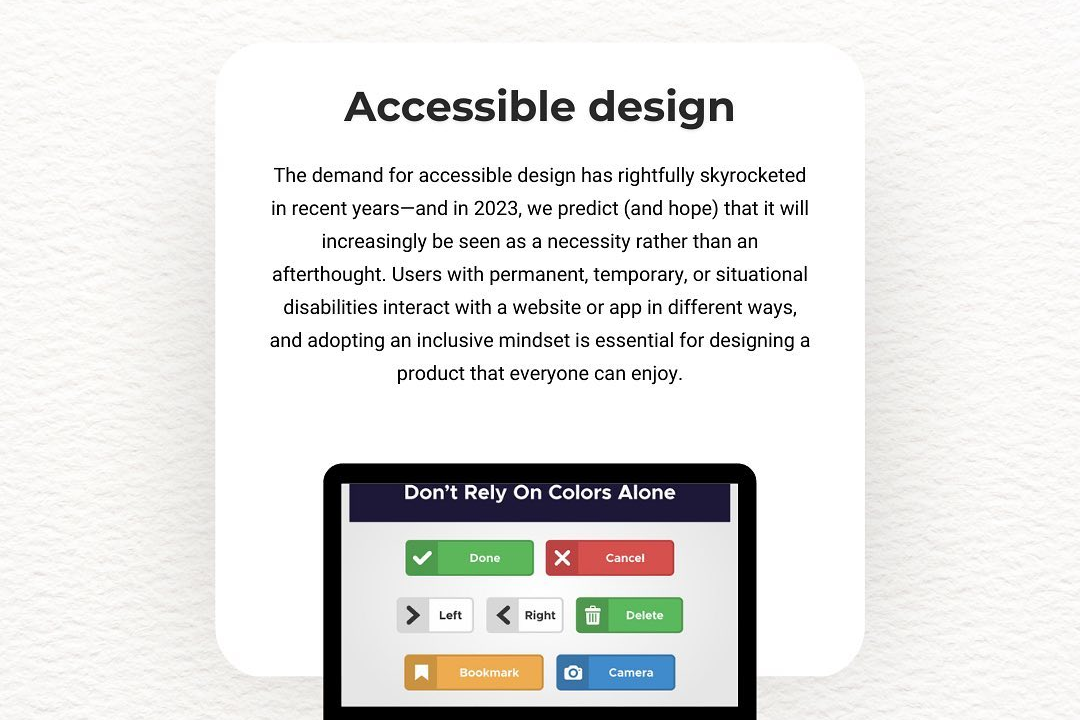Android Course Structure Saharanpur
Android Course Syllabus in Saharanpur
Android Course Structure Saharanpur
The Android course structure in Saharanpur typically comprises a comprehensive curriculum designed to equip students with the essential skills required for Android app development. The course usually begins with an introduction to the Android operating system and its architecture, followed by hands-on training in Java and Kotlin programming languages, which are fundamental for Android development. Students learn about Android Studio, the primary development environment, and explore core concepts such as user interface design, activity lifecycle, data storage, and APIs. Advanced topics like integrating third-party libraries, working with databases, and implementing features like GPS and multimedia are often included. Projects and practical assignments are integral to the course, enabling students to create their own apps and gain real-world experience. Additionally, some courses may cover topics related to app deployment on the Google Play Store and provide insights into best practices for user experience and performance optimization.
To Download Our Brochure: https://www.justacademy.co/download-brochure-for-free
Message us for more information: +91 9987184296
1 - Course Overview: This module introduces students to the fundamentals of Android development, covering the importance of Android in mobile application development and the objectives of the course.
2) Prerequisites: Students will be informed about basic prerequisites such as knowledge of Java and understanding of object oriented programming concepts, essential for grasping Android development.
3) Development Environment Setup: This section guides students through the installation of Android Studio, the official Integrated Development Environment (IDE) for Android app development, including configuration of SDKs.
4) Android Architecture: Students will explore the architecture of Android, learning about various components like Activities, Services, Broadcast Receivers, and Content Providers.
5) User Interface Design: Focus on creating user friendly interfaces with XML, understanding layouts, views, different UI elements and the importance of responsive design for various devices.
6) Activity Lifecycle: In depth examination of the Android activity lifecycle and its various states, emphasizing how to manage resources throughout an app’s lifecycle.
7) Intents and Fragments: Introduction to intents for communication between activities and how fragments can help in managing UI components effectively.
8) Data Storage Options: Overview of various data storage methods available in Android, including SharedPreferences, SQLite databases, and external storage.
9) Networking in Android: Teaching students how to implement network operations, including RESTful APIs, handling JSON data, and making HTTP requests with libraries like Retrofit or Volley.
10) Multimedia Handling: Understanding how to work with multimedia elements in Android applications, including audio, video, and using the Camera API.
11) Google Play Services Integration: This module discusses how to integrate Google Play Services to implement features such as Google Maps, Firebase, and location services in applications.
12) Debugging and Testing: Training on debugging techniques, tools available in Android Studio, and strategies for testing Android applications, including unit tests and UI tests.
13) Publishing Applications: Guidance on how to prepare applications for release, including generating signed APKs, using the Play Console, and understanding app store optimization.
14) Hands on Projects: Students will work on practical projects throughout the course to apply learned concepts in real world scenarios, culminating in a final project.
15) Career Guidance and Industry Insights: Providing students with opportunities for career advancement, discussing potential job roles, and insights into the current job market and trends in Android development.
16) Q&A and Support: Regular sessions to address student queries and provide ongoing support throughout the course, ensuring a comprehensive learning experience.
17) Certification and Portfolio Building: At the end of the training, students receive certification for completing the course and assistance in building a portfolio with their projects and skills.
This course structure is designed to provide a comprehensive educational experience for students aspiring to become proficient in Android app development.
Browse our course links : https://www.justacademy.co/all-courses
To Join our FREE DEMO Session: Click Here
Contact Us for more info:
User Feedback In Android Apps
Android App Development Course in Bhopal
salesforce training houston
Top Java Training Institutes in India
Diff between Angular and React











